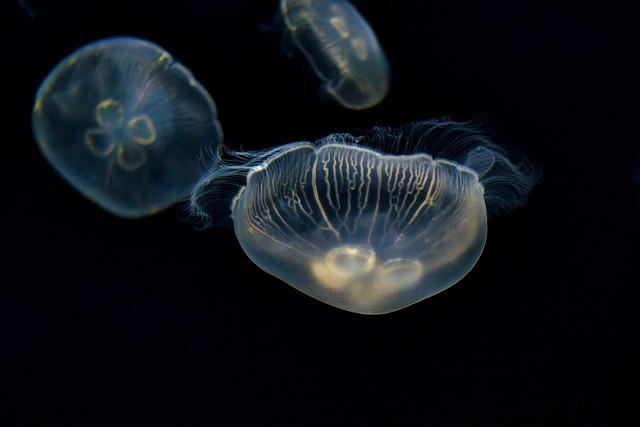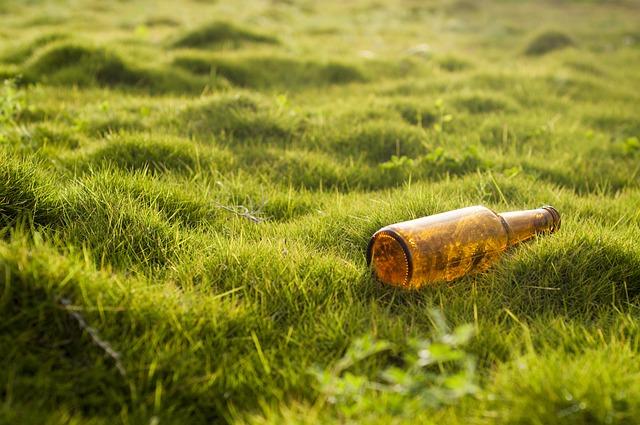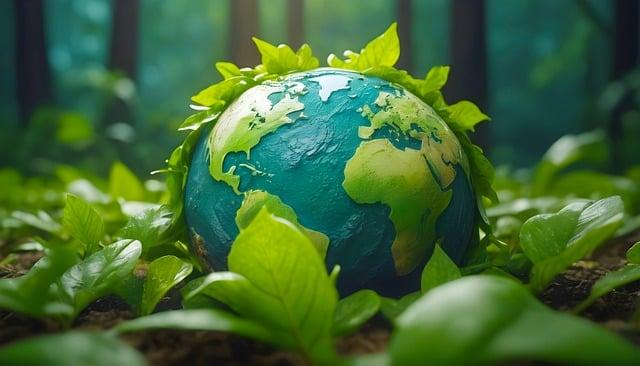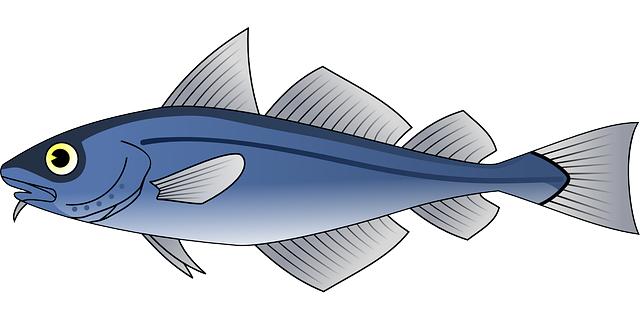- Introduction
- Expansion of Marine Life Protection Areas
- Benefits of Marine Life Protection
- Challenges in Marine Life Conservation
- Innovations in Marine Conservation
- Conclusion
- FAQs
Introduction
Marine life protection has become an increasingly important topic as our oceans face various threats from human activities such as overfishing, pollution, and climate change. In recent years, efforts to protect marine ecosystems have been expanding globally, with the establishment of new marine protected areas and the implementation of conservation strategies.
Expansion of Marine Life Protection Areas
There has been a significant increase in the establishment of marine protected areas (MPAs) worldwide. These areas are designated to conserve marine habitats and species, giving them the opportunity to thrive and recover from the damaging effects of human activities. Governments, conservation organizations, and local communities are working together to expand these protected zones, providing a safe haven for marine life.

(Image: Pixabay/@djedj)
MPAs vary in size and regulations but share a common goal of preserving biodiversity and restoring the health of our oceans. By restricting certain activities like fishing and mining within these areas, marine species can reproduce, grow, and maintain important ecological balances. The expansion of MPAs is a crucial step towards ensuring the long-term sustainability of marine ecosystems.
Furthermore, advancements in technology have allowed for better monitoring and enforcement of marine protected areas, helping to combat illegal fishing and other harmful practices. Satellite tracking, drones, and underwater cameras enable authorities to patrol and safeguard these important marine habitats more effectively.
Benefits of Marine Life Protection
The benefits of marine life protection extend beyond conservation. By preserving marine ecosystems, we are also safeguarding essential services that the oceans provide, such as regulating the climate, supporting fisheries, and promoting ecotourism. Healthy marine environments contribute to a balanced ecosystem and support the well-being of both wildlife and humans.

(Image: Pixabay/@7523944)
In addition, marine protected areas can serve as living laboratories for scientific research, allowing scientists to study marine life undisturbed and gain valuable insights into biodiversity, behavior, and adaptation. These findings can inform conservation strategies and help in the management of marine resources sustainably.
Moreover, MPAs can act as resilience zones against the impacts of climate change, providing refuge for species to adapt to changing environmental conditions. By protecting marine habitats, we are enhancing the overall resilience of ecosystems and increasing their ability to withstand future challenges.
Challenges in Marine Life Conservation
Despite the progress made in marine life protection, there are still challenges that need to be addressed. Illegal fishing, habitat destruction, marine pollution, and climate change continue to threaten the health of our oceans and the survival of marine species. Sustainable solutions and strong enforcement mechanisms are needed to tackle these complex issues.

(Image: Pixabay/@Letone)
Another challenge is the lack of awareness and understanding of the importance of marine conservation among the general public. Education and outreach programs play a crucial role in engaging communities, raising awareness about marine issues, and fostering a sense of responsibility towards our oceans. Building a culture of conservation is key to ensuring the long-term success of marine protection efforts.
Furthermore, the interconnected nature of marine ecosystems requires international cooperation and coordination to address transboundary issues effectively. Collaboration between countries, stakeholders, and organizations is essential to develop comprehensive strategies for the conservation of marine biodiversity and the sustainable use of marine resources.
Innovations in Marine Conservation
To overcome challenges in marine conservation, innovative approaches and technologies are being developed. From artificial intelligence for monitoring marine ecosystems to biodegradable alternatives to plastic pollution, researchers and conservationists are exploring new ways to protect marine life and mitigate human impacts on the oceans.

(Image: Pixabay/@satheeshsankaran)
New developments in aquaculture techniques and sustainable fishing practices are also contributing to marine conservation efforts. By promoting responsible seafood consumption and supporting eco-friendly fishing practices, we can reduce pressure on marine ecosystems and support the livelihoods of coastal communities that depend on fishing for their sustenance.
Additionally, community-based conservation initiatives empower local communities to take an active role in protecting their marine environment. By involving indigenous peoples, fisherfolk, and other stakeholders in conservation projects, we can foster a sense of ownership and stewardship towards marine resources, leading to more effective and sustainable conservation outcomes.
Conclusion
Marine life protection is a critical endeavor that requires collective action and commitment from individuals, communities, governments, and organizations. Through the expansion of marine protected areas, the implementation of innovative conservation strategies, and the promotion of sustainable practices, we can work towards a healthier and more resilient ocean ecosystem for future generations.
FAQs
What are marine protected areas?
Marine protected areas are designated zones in the ocean where human activities are regulated to conserve marine habitats and species.
How can I contribute to marine conservation?
You can contribute to marine conservation by supporting sustainable seafood choices, reducing plastic waste, participating in beach clean-ups, and educating others about the importance of protecting our oceans.
Why is marine conservation important?
Marine conservation is important because healthy oceans are vital for life on Earth. By protecting marine ecosystems, we can ensure the well-being of marine species and maintain essential ecosystem services that benefit both nature and society.

